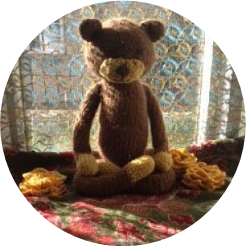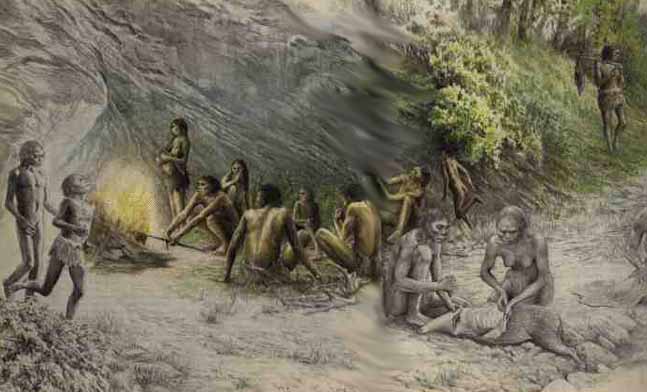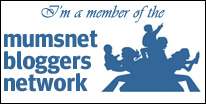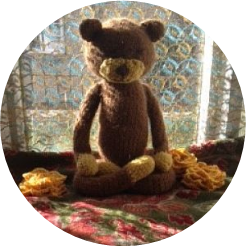Some while ago, I spent a couple of years living off grid - no electricity, no plumbing, no running water. This was not so much fun as it sounds.
OK, maybe it doesn't sound much fun.
But there were many positives to come out of it. I taught myself to sew - I sewed my first whole garment all by hand stitching. To quicken up the process I bought myself an antique Singer sewing machine. Then I needed an iron, so I bought an 'iron' - as in a solid lump of metal with a flat bottom, which sat on top of the woodburner until it was of sufficient temperature to ease the crinkles out of fabric. I also taught myself to crochet and my mum gave me some of my grandmother's crochet hooks.
Whenever I used these lovely tools, I felt a profound sense of gratitude for the women whose hands had used them before. One of the meditations I use during my mindful crafting sessions continues this theme of gratitude - for the people and animals who provide us with the materials we work with, to those who taught us how to make those materials into practical and beautiful things.
Gratitude, like mindfulness, is a word of the moment in some circles. There is good reason for this, various studies have found that people who practise proactively finding things to be grateful for experience a range of benefits, from better sleep to improved relationships and increased immunity.
Regularly practising gratitude also makes us happier. This is because basically humans are misery bears. We have an inbuilt negativity bias, largely because we are descended from pessimists.
Recently I watched a repeat of an episode of The Incredible Human Journey, in which presenter Professor Alice Roberts spent a night alone on an African plain. This was clearly not an enjoyable experience, and one that appeared to make Prof Roberts somewhat jumpy. Her purpose for putting herself through this ordeal was to convey how difficult it was just surviving at the dawn of time for homo sapiens.
Being a little jumpy was the best way to survive for a species that was very often something's next meal. And this background jumpiness got passed on down the line. Take two early humans, for instance, optimistic hominid (Oh!) and stressy hominid (Sh!). They are, rather improbably, friends. Out one day on the plains there is a rustle in the bushes, 'Shhh,' says Sh! 'I bet that's an angry rhino.' 'Chill', says Oh! 'It's just the wind - would you just look at that sunse....... '
Sh!, after burying his cheery friend, goes on to procreate with his equally pessimistic, but alive, mate. Hence we are basically descended from the early human equivalent of Victor Meldrew. We err on the side of pessimism, which was a useful attribute for our early ancestors, but not so conducive to happiness and wellbeing for us in the 21st century.
Gratitude is a simple way to try and rewire the brain to be happier. It forces us to scan for the positive - and in doing so enables us to have a far more proportional take on the world. There are lots of ways to practice it - from writing heartfelt thank you letters to counting our blessings.
Or you can take some yarn or fabric, get comfy, and count the many things to be grateful for along with your stitches.



